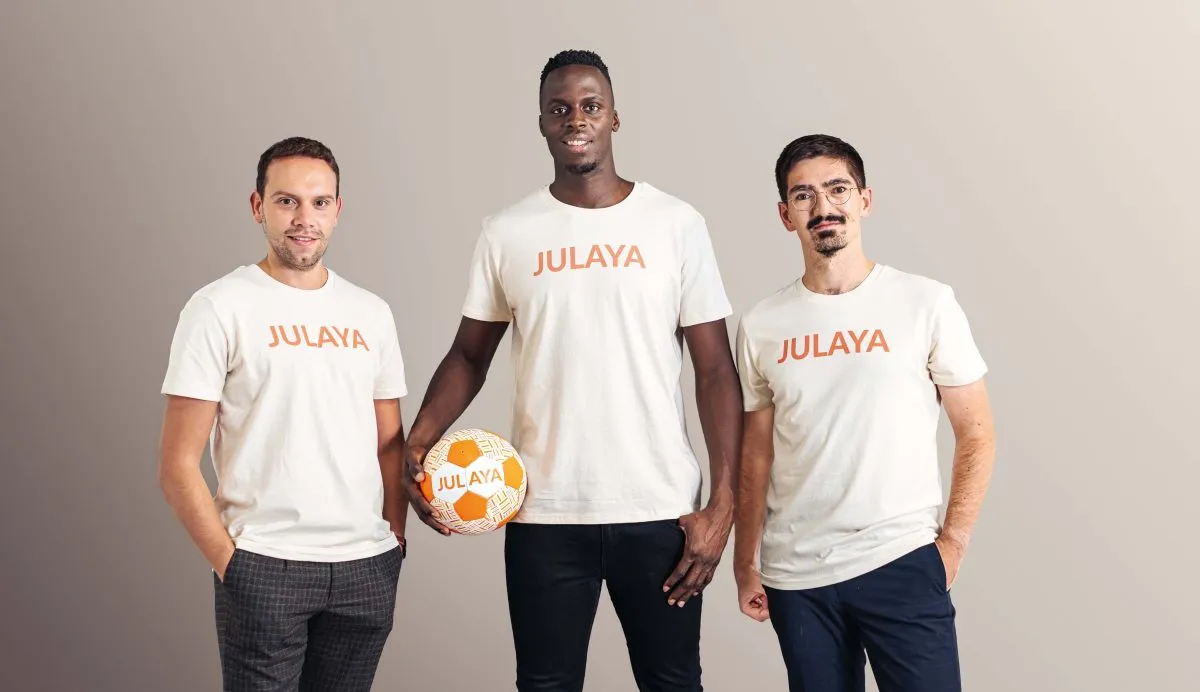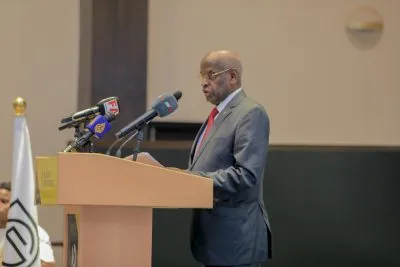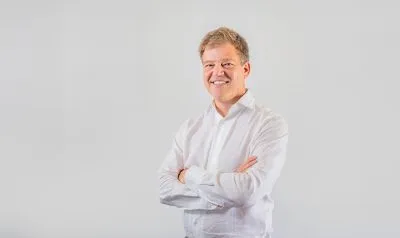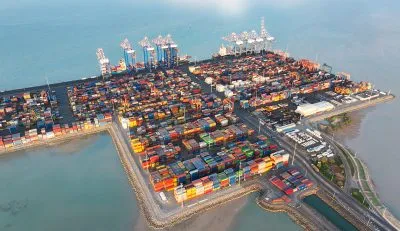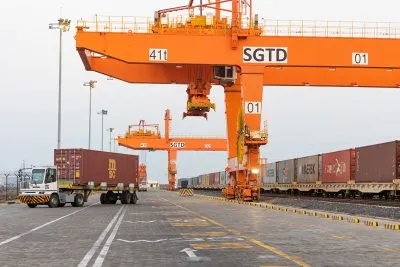Senegal’s tech sector serves one of the region’s largest and most dynamic economies. Although tech-enabled solutions are not quite as widespread as in some Anglophone African countries, Senegalese citizens can now send money, order a cab and buy groceries on their phones.
The government has taken a proactive and accommodative approach to the sector, introducing a Startup Act in 2019. Last year, Senegalese startups raised $151m, according to a report by Africa: The Big Deal – compared to just $11m in 2017, this is a sign that the scene is rapidly developing. However, founders say that a lack of funding in the local marketplace remains a perennial issue, driven by Francophone Africa’s wider isolation from heavyweight tech investors and big ticket sizes.
Ride hailing-apps
A good measure of the growth in Senegal’s tech sector is the recent influx of ride-hailing apps. Only a few years ago, it was impossible to order a ride from your telephone and commuters would have to haggle with the ubiquitous yellow cabs to catch a ride. The market now includes Paris-based Heetch, Russian firm Yango, and Algerian ride-hailing app Yassir. Malick Diagne, Heetch’s country manager, tells African Business that there is huge space for growth in the market and the firm has outgrown growth expectations since it launched in Senegal in early 2022.
“We actually had to change our target,” he says. “When we first entered, our numbers were very small in terms of projection. We underestimated demand in the market. In June last year, we realised that what we predicted was small and we actually added to our budget.”
Although he declines to reveal the number of rides Heetch processes a day – valuable information for competitors in a closely-contested market – he says that Senegal’s youthful and tech-savvy population has provided ample space for all players to grow in the market.
Diagne can reveal, however, that the number of Heetch drivers has doubled since last June – a sign of solid growth in a market that has been slow to internalise the global ride-hailing revolution.
Indeed, in 2019 the idea that Uber was knocking on Senegal’s door was widely reported; but in 2022 the company told reporters that it had “no immediate plans” in the country. Whatever the reason, no Senegalese equivalent emerged and the government decided to open up the industry to other international players.
Government interventions
Senegal’s government introducing the Startup Act in 2019 was a concrete sign that the current administration has taken the tech sector seriously. The Act aims to improve the regulatory environment for tech firms by creating a legal framework for the registration and labelling of Senegalese startups.
It also created a resource centre dedicated to tech-companies, and a package of incentive measures like low taxation for startups, access to mentorship, free training and other growth measures. A $50m fund called the Délégation Générale à l’Entreprenariat Rapide des Femmes et des Jeunes (DER) has also been established to catalyse entrepreneurship among women and young people in the country.
Matt Sellar is CEO of Mbay Mobility, a startup that is introducing electric vehicles (EVs) to the market. He says that it is relatively easy to set up a company in Senegal and the government has introduced a few key measures to help entrepreneurs.
He is attempting to replace Senegal’s taxis with climate-friendly alternatives. The firm will start with a business-to-business model, selling EVs directly to logistics companies that can buy the vehicles outright. It will then target individual taxi-owners by setting up partnerships with banks to lend money to drivers to purchase the vehicles.
The key selling point for drivers is that they will save $33 each day on fuel costs – a total of $12,000 a year, according to the company’s calculations. Sellar hopes to scale up in the local market and then roll out the EVs across other markets such as Côte d’Ivoire and Ghana, with a combined total market value of $29bn.
Senegal was the obvious choice
Indeed, as Francophone markets grow in maturity its startups are beginning to scale across borders. Mathias Léopoldie, co-founder of Julaya, a startup that processes payments for African businesses, says that Senegal was the obvious choice for expansion after growing in Côte d’Ivoire.
“We launched in January 2022 and it was very easy: it took only two months, because it is in the same monetary union,” he says. “In terms of tech, it’s much more developed than Côte d’Ivoire, with mobile money and companies like Wave featuring regularly in people’s lives. There’s also more competition between startups in Senegal than in Côte d’Ivoire.
“And the government has provided useful inputs like the DER.” As a result, Léopoldie says that Senegal has already come to represent around 40% of Julaya’s portfolio in just one year, compared to five years of operations in Abidjan. Some of its big partners include Casamançaise, a leading water company and Senecor, a big exporter of African hair products.
Ecosystem problems
The downside of the Senegalese market, however, is that margins are smaller, Léopoldie says.
The agricultural prowess of Côte d’Ivoire means that it is one of the few African countries with a positive trade balance, which has a positive knock-on effect throughout its economy. Senegal, on the other hand, has relatively low domestic production, which weighs on the economy by increasing the need for imports.
But the main problem for home-grown startups in Senegal, especially in the early stages, is the lack of finance.
Sellar of Mbay Mobility says that there is a distinct lack of local angel groups that can provide early-stage ventures with the capital needed to get them off the ground.
He adds that suggested solutions to the problem, such as the Club des Investisseurs Sénégalais – a private-sector body that was created in 2018 to make transformative investments in the local economy – have not yet lived up to the hype, making very few investments since it was created
In terms of fundraising, startups in francophone African countries have a difficult time securing big ticket sizes compared to anglophone equivalents. “The number one reason is the language barrier,” says Léopoldie.
“When you say ‘Senegal’ to a US investor they will not know what you are talking about. This is a big problem in terms of finance.” The World Bank and other institutions are helping to create new instruments and funds to channel more investment into start-ups throughout francophone Africa. There is traction, given the size of the opportunity, but with peers Ghana, Nigeria, Kenya or South Africa all highly active, much work remains to get the word out.
Read more about Senegal’s booming economy in our Senegal Dossier.
Want to continue reading? Subscribe today.
You've read all your free articles for this month! Subscribe now to enjoy full access to our content.
Digital Monthly
£8.00 / month
Receive full unlimited access to our articles, opinions, podcasts and more.
Digital Yearly
£70.00 / year
Our best value offer - save £26 and gain access to all of our digital content for an entire year!

 Sign in with Google
Sign in with Google 